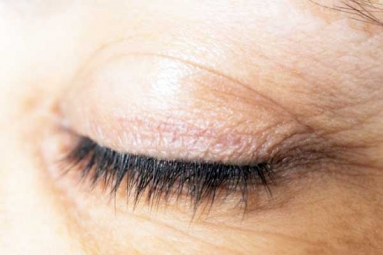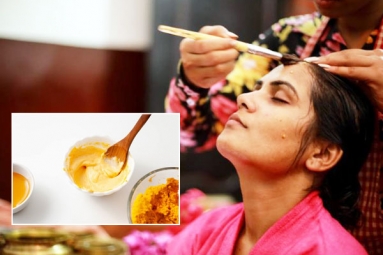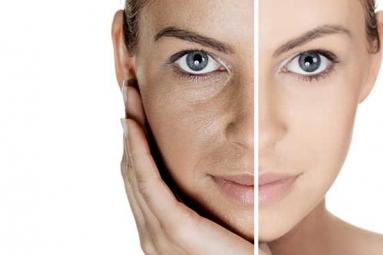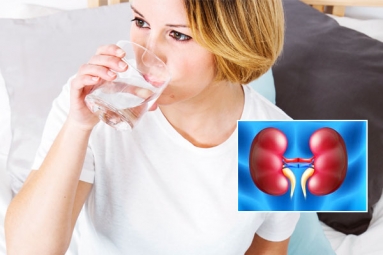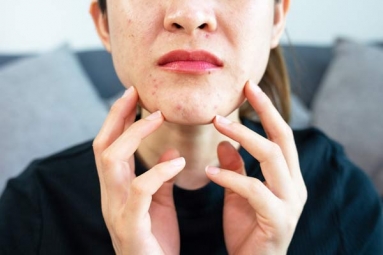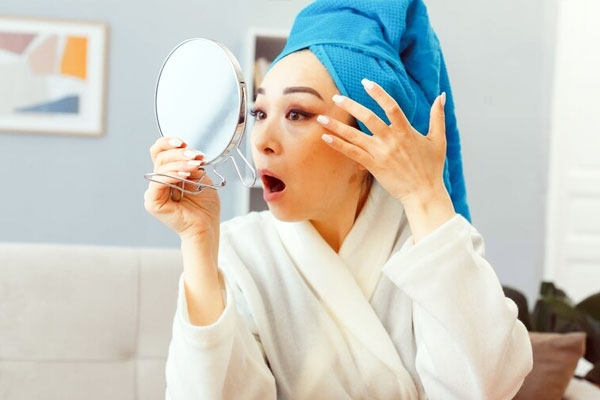
(Image source from: Freepik.com)
Do you suffer from acne? It can certainly be uncomfortable and cause feelings of anxiety. Not only is acne painful, but it can also negatively impact your mental health and self-confidence. Acne occurs when hair follicles become clogged with sebum and dead skin cells. Did you know that when your skin isn't moisturized, it can produce excess oil, which can clog your pores and cause acne and inflammation? In addition, hydration does not only depend on water consumption. By taking a holistic approach that includes proper nutrition, regular skin care and beauty treatments, you can effectively reduce acne problems and keep your skin beautiful. Dr. Ranka Nishida, Medical Director and Founder of Dr. Particle for direct object
Benefits of Skin Moisture Against Acne:
Hydrating your skin is key to clearer, healthier-looking skin, especially when fighting acne. Regulates Sebum Production: When your skin is adequately hydrated, it is less likely to produce excessive sebum (natural oil), preventing clogged pores and breakouts. Reduces Inflammation: Hydrated skin is more flexible and less prone to inflammation. It can relieve existing acne lesions and prevent new acne from forming. Supports Healing: Well-hydrated skin facilitates skin repair and regeneration, accelerates the healing process of acne lesions and minimizes scarring. Strengthens the skin's barrier function: Proper hydration maintains the skin's natural barrier function, protects against external invaders and prevents further inflammation and irritation.
Here are some effective ways to achieve skin hydration:
1. Hydration from the inside out: Hydration from the inside out is important to keep your skin hydrated. Try to drink at least eight glasses of water daily to keep your skin adequately hydrated and include hydrating fruits and vegetables such as cucumbers, watermelon, spinach, lettuce, tomatoes and oranges.
2. Exercise: Exercise reduces stress, improves blood circulation, regulates hormone levels and improves skin. Sweating during exercise flushes out toxins and can reduce acne.
3. Choose hydrating skin care products: Choose gentle, hydrating cleansers and moisturizers specifically designed for acne-prone skin. Look for ingredients that absorb and retain moisture in your skin, such as: E.g. hyaluronic acid, glycerin, vitamin C and ceramides.
4. Use a hydrating face mask: Treat your skin to a hydrating face mask once or twice a week to hydrate and soothe dry, irritated skin. Look for masks with ingredients like aloe vera, honey, oatmeal, tea, and cucumber extract.
5. Avoid harsh cleansers and exfoliants: Harsh cleansers and exfoliants can strip your skin's natural oils, destroy your skin's moisture barrier and cause dehydration. Look for a gentle, pH-balanced cleanser that won't aggravate acne or dry out your skin. To avoid skin irritation, do not exfoliate more than twice a week.
6. Advanced Treatments: Consider cosmetic treatment options such as bioremodeling, commonly referred to as profilo. It uses highly pure hyaluronic acid to intensely hydrate and improve elasticity in key areas such as the face, neck, décolleté and hands. This technology stimulates the production of collagen and elastin, making skin healthier and more radiant.
Another option is Viscoderm Hydrobooster, a painless procedure that uses stabilized hyaluronic acid. It brings additional benefits by hydrating and rejuvenating the tissues. In addition, it can reduce wrinkles, improve skin texture and increase elasticity, especially in the mouth, eye and forehead area.




